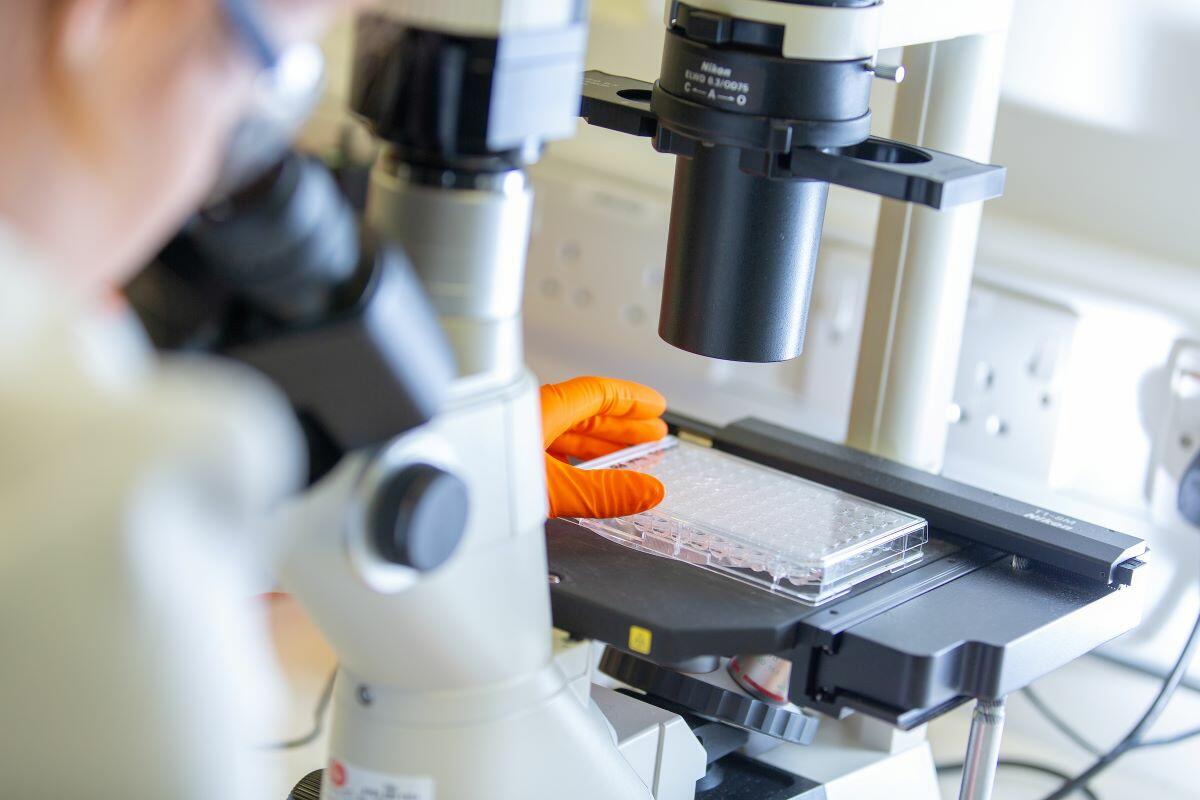
Liverpool School of Tropical Medicine (LSTM) researchers are part of a cross-European study to generate new antiviral approaches for emerging diseases and contribute to pandemic preparedness.
Led by the Leibniz Institute of Virology (LIV), the DEFENDER project will develop innovative approaches to combat emerging viruses based on both the host and virus.
Professor Christine Goffinet’s team at LSTM will conduct a genome-wide screen for genes that affect transmission of chikungunya, an emerging arbovirus which can cause sudden onset of fever and joint pain. Their findings will help to develop new antiviral treatments for the disease.
Professor Goffinet, Professor of Virology at LSTM, said: “Due to global warming and the resulting expansion of the geographical regions of virus-transmitting vectors, emerging viruses are on the rise. Yet, our understanding of how these infect human cells is still limited. Generating and translating this knowledge into antiviral strategies that benefit affected populations is key.”
The £8.1m, five-year Horizon Europe project responds to the risk posed by emerging viruses with no approved vaccines or specific therapies, as demonstrated by the COVID-19 pandemic.
The research will focus on highly pathogenic viruses such as Nipah and Lassa and mosquito-borne viruses like Zika, dengue, yellow fever and chikungunya.
By using state-of-the-art technologies such as CRISPR gene technology, bioinformatic analyses and artificial intelligence, DEFENDER will develop new targets for antiviral therapies that focus on both the host and the virus. Researchers will identify genes within the host that play a key role in viral entry, and virus structures that represent potential targets for therapeutic antibodies or nanobodies.
DEFENDER ultimately aims to make a decisive contribution to improving European and global pandemic preparedness. Systematic research into virus-host interactions will be used to develop antivirals to be followed up in clinical trials.
Professor Dr Stephanie Pfänder, DEFENDER lead and part of the Research Group Emerging Viruses at LIV. said: "DEFENDER combines the expertise of leading European research institutions in the fields of virology, structural biology, genetics and bioinformatics to develop innovative, forward-looking antiviral strategies. We are convinced that we will make a significant contribution to combating future virus outbreaks."
Ten other institutions are part of the DEFENDER consortium alongside LIV and LSTM. These are The University of Zürich (Switzerland), the University Medicine Greifswald (Germany), the Helmholtz Centre for Infection Research in Braunschweig (Germany), the University of Lübeck (Germany), the École Polytechnique Fédérale de Lausanne (Switzerland), the Heidelberg University (Germany), the Institut Pasteur (Paris, France), the Ruhr University Bochum (Germany), the Philipps University Marburg (Germany) and the Bernhard Nocht Institute for Tropical Medicine (Hamburg, Germany).